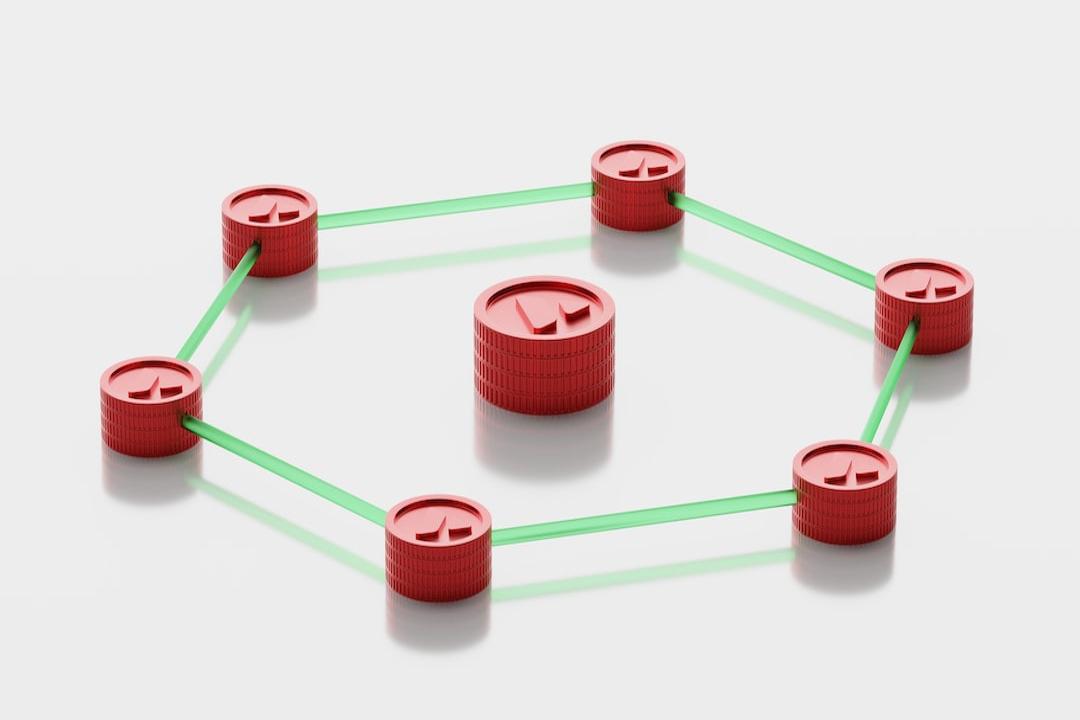Binance, a popular cryptocurrency exchange, has integrated Bitcoin ARC-20 atomic assets into its native Web3 wallet through its Inscriptions Marketplace. ARC-20 is a token standard that allows for the creation of fungible tokens that can be held and transferred on the Bitcoin blockchain. To celebrate this integration, Binance is offering zero-fee trading on ARC-20 tokens until June 2, 2024.
The Atomicals protocol, which was invented in January, is based on Ethereum’s ERC-20 standard and enables the minting, transferring, and updating of non-fungible tokens (NFTs) on the Bitcoin blockchain. Atomicals explained that even if an Atomical is updated or changes hands multiple times, it only amounts to a small amount of data. This simplicity allows for easy verification of Atomicals by various clients, wallets, marketplaces, games, and services.
Aside from NFTs, Bitcoin Atomicals can be used for web hosting, file storage, atomic swaps, real-world asset tokenization, decentralized social media, and more. Binance Wallet’s recent update also includes support for BEVM, a decentralized Ethereum Virtual Machine-compatible Bitcoin layer 2 that uses Bitcoin as gas fees for executing smart contracts.
Other exchanges have also adopted ARC-20 assets. Bitget announced in February that it supports Bitcoin Atomicals through its self-custody wallet, and OKX has a dedicated marketplace for Bitcoin Atomical assets.
Despite concerns about becoming technologically outdated compared to smart contract blockchains like Ethereum and Solana, Bitcoin is catching up with the development of innovations such as Ordinals, Inscriptions, Runes, and Atomicals. Orders Exchange integrated the Bitcoin Runes protocol last quarter, allowing for the issuance of fungible tokens on the native network and creating a Bitcoin asset bridge with MicroVisionChain for BRC-20 token swaps.
Meanwhile, SolvBTC, an omnichain yield-generating protocol, has accumulated $700 million in total value locked from its yield-bearing Bitcoin minted on Arbitrum, Merlin, and BNB Smart Chain. The protocol estimates that users can generate annual returns of 5% to 10% on their BTC deposits.
In related news, Kraken exchange has introduced a self-custody crypto wallet, following the footsteps of other centralized exchanges.

